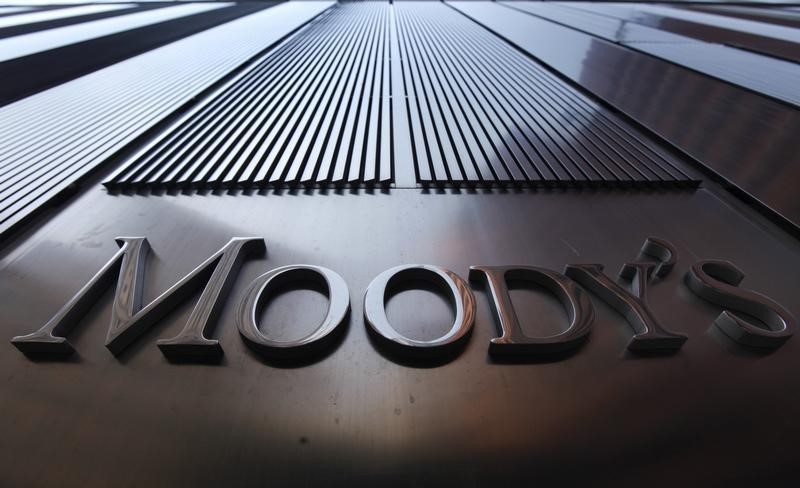By William Schomberg
LONDON (Reuters) - Ratings agency Moody's said on Thursday that a British exit from the European Union would hurt the country's economy by damaging trade and investment and could put its credit rating at risk of a downgrade.
Moody's, spelling out its thinking about a so-called Brexit in more detail than before, said Britain would face a long period of uncertainty if it had to negotiate a trade deal with its former EU partners following a vote to leave the bloc.
Prime Minister David Cameron has promised to hold a referendum on Britain's EU membership before the end of 2017. He is seeking to negotiate new rules for the bloc before holding the vote.
Moody's called into question some of the purported benefits of leaving the EU, saying the financial savings from no longer contributing to its budget would be modest at about 0.6 percent of economic output per year.
Furthermore, Germany's success in exporting goods to China and other emerging markets showed that being in the EU was no hindrance to trade with countries outside it, Moody's said.
"Exit would be negative for trade and investment in the UK, given the close links with the EU as the UK's single most important trading partner and largest source of foreign-direct investment," Kathrin Muehlbronner, a senior vice president at Moody's, said.
"These negative effects outweigh the benefits from exit such as cost savings for government and a reduced regulatory burden for businesses in our view," she said in a statement.
Moody's and rival ratings agency Fitch Ratings downgraded Britain to one notch below AAA in 2013 because of the government's failure to reduce the budget deficit as quickly as planned.
Standard & Poor's, which still rates Britain as AAA, said in October that Britain's credit rating could be cut by as much as two notches if it left the EU.
Moody's said it might assign a negative outlook to Britain's Aa1 rating in the event of a vote to withdraw from the EU, something which would effectively put it on warning of a downgrade.
Earlier on Thursday, the head of the European Council, which represents EU member states, said leaders from the bloc could clinch a reform deal with Cameron in February.
Opinion polls have mostly shown that more Britons favour staying in the EU than leaving, but support has fallen in recent months after concerns grew about the bloc's handling of a crisis provoked by an influx of migrants into Europe.

A poll published last week suggested more than half of voters wanted to leave the EU after the attacks on Paris that killed 130 people and were claimed by Islamic militants.